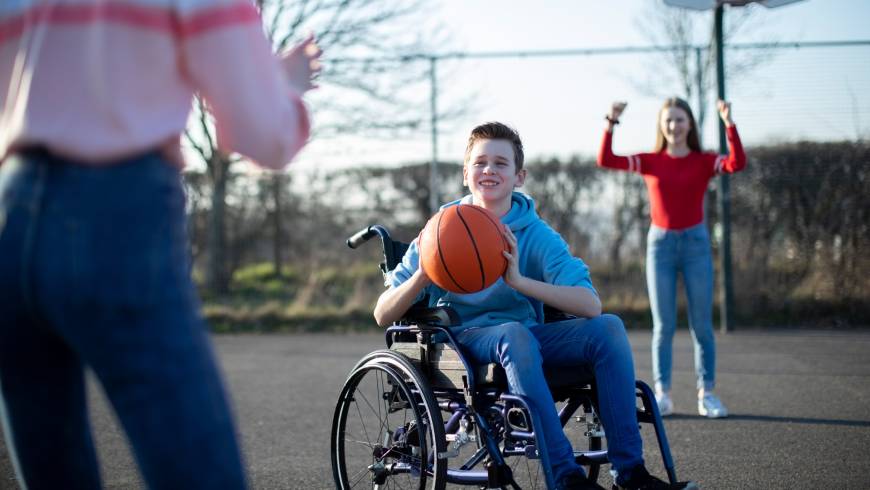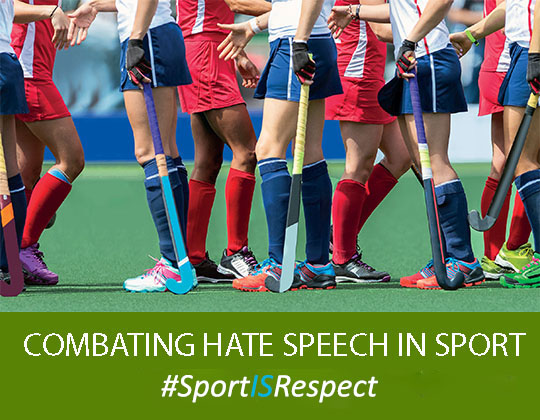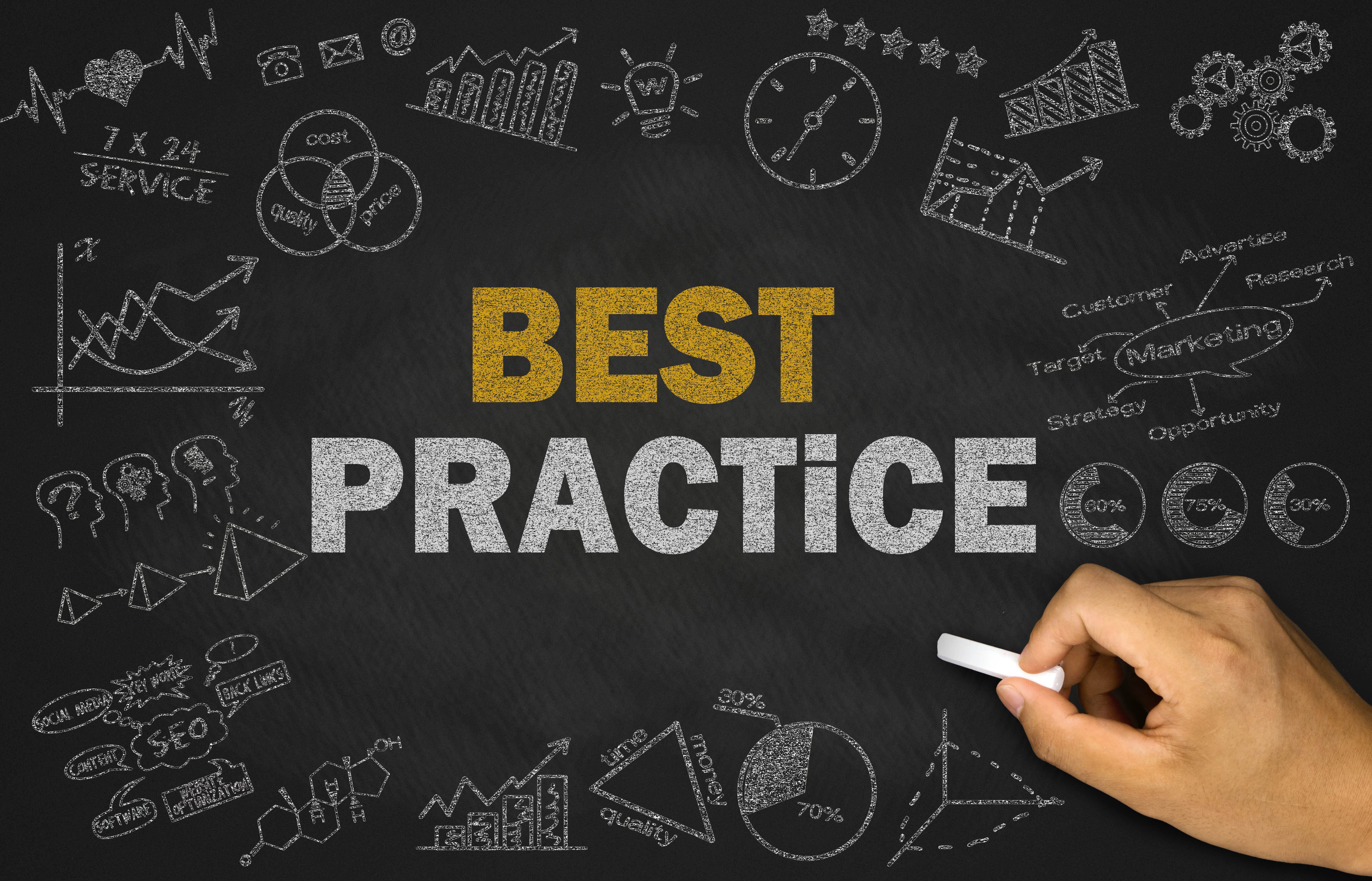Promoting inclusion: strategies to combat discrimination in sport

Hate speech is often intertwined with discriminatory beliefs, fuelling division within societies, and undermining the unifying and inclusive potential of sport.
Acknowledging this reality underlines the urgent need to combat racism, ethnic discrimination, sexism, and social exclusion while fostering mutual respect across all sports, including the online realm and stadiums.
From this perspective, one of the most powerful strategies is to proactively develop and implement educational initiatives.
By nurturing principles of mutual respect and inclusion from an early age, we strengthen the foundations of our communities.
These programmes act as a shield against intolerance and ensure that future generations embrace diversity and champion unity.
#SportIsRespect
 Country: Germany
Country: Germany
 Organisation responsible: Federal Ministry for family, seniors, women and youth, in cooperation with the Central Council of Jews in Germany and the Düsseldorf Jewish Community
Organisation responsible: Federal Ministry for family, seniors, women and youth, in cooperation with the Central Council of Jews in Germany and the Düsseldorf Jewish Community
 Main topic addressed: Counter antisemitism in the long term
Main topic addressed: Counter antisemitism in the long term
 Type of resource/practice: Research and education programme
Type of resource/practice: Research and education programme
Approach: Prevention
Target group(s): Players, coaches, board members, referees, sport courts, associations, and supporters.
Language: German
Brief description of the practice: Zusammen1 is based on three project pillars: understanding the phenomenon, teaching about it, and bringing about change.
Context and objectives: The first pillar encompasses empirical social research designed to make antisemitism visible through scientific studies, group discussions and sophisticated observation of games. The second pillar, teaching, is designed to develop innovative educational measures based on empirical findings. The third project pillar – bringing about change – is about developing and implementing effective regular local structures for dealing with antisemitism and all other forms of discrimination and enmity, in close cooperation with sport associations and clubs which model best practices and serve as multipliers of expertise and awareness-raising.
Achievements and outcomes: Zusammen1 has developed educational training on the pitch, helping to make members of various target groups in sport aware of these phenomena and identify effective options for action. For example, dribbling exercises are combined with opinion barometers, passing exercises with knowledge memory games, or exercises to practice shots at goal with guessing games, giving young athletes insight into issues such as Jewish life in Germany and diversity in sport, but also antisemitism and racism. At the same time, they learn about ways to counter prejudice and marginalisation and are empowered through sport.
Challenges and limitations: Not enough is known about the scale of the problem, due to the poorly developed reporting structures in organised sport.
Recognising the discriminatory motives behind hate speech targeting individuals based on their sexual orientation, gender identity or expression, and sex characteristics, the project is also designed with the objective of eradicating homophobia, transphobia, and biphobia, thereby promoting an inclusive environment where hate has no chance.
For more comprehensive information, we invite you to explore the Gaynet and Outsport websites, together with the CoE-EU Joint initiatives, implemented under the auspices of the Anti-Discrimination department. These endeavours are focused on combating anti-LGTBIQ violence and hate speech, while concurrently bolstering efforts to raise awareness and disseminate fact-based narratives regarding LGTBIQ individuals.


